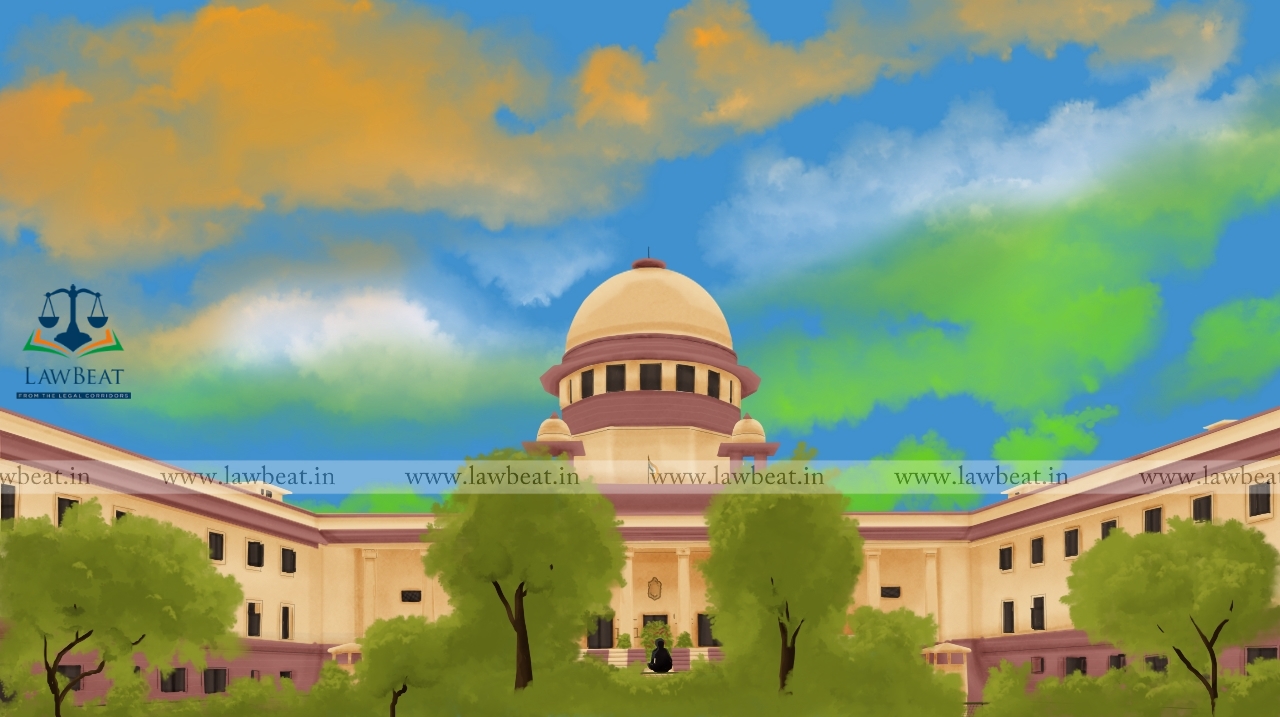To assume Default in every case of non-payment, Profit making Companies will be pushed to CIRP: Supreme Court allows Arbitration in the matter of Indus Biotech

Supreme Court in its judgment today allowed the Arbitration Petition moved by Indus Biotech, not adverting to any conclusion on whether payment of investment in preferential shares can be construed as financial debt.
A Full judge bench of Chief Justice SA Bobde, Justice AS Bopanna and Justice V. Ramasubramanian, while allowing the petition, observed that the nature of issue involved being mainly the conversion of preference shares into equity shares and the formula to be worked thereunder can be resolved by the Arbitral Tribunal.
Former Chief Justice VN Khare as suggested by the Petitioners and Former Chief Justice RM Lodha appointed by the Court are expected to mutually appoint a third arbitrator in the matter, the Bench added.
With respect to the existence of default as affirmed strongly by the respondents, Court noted, “It would be premature at this point to arrive at a conclusion that there was default in payment of any debt until the said issue is resolved and the amount repayable by Indus Biotech Private Limited to Kotak India Venture with reference to equity shares being issued is determined. In the process, if such determined amount is not paid it will amount to default at that stage.”
The Bench also remarked on the crucial assessment that needs to be undertaken before admitting or rejecting any petition under Section 7 IBC, in the words, “If the Adjudicating Authority finds from the material available on record that the situation is not yet ripe to call it a default, that too if it is satisfied that it is profit making company and certain other factors which need consideration, appropriate orders in that regard would be made; the consequence of which could be the dismissal of the petition under Section 7 IB Code on taking note of the Corporate Debtor. As otherwise if in every case where there is debt, if default is also assumed and the process becomes automatic, a company which is ably running its administration and discharging its debts in planned manner may also be pushed to the Corporate Insolvency Resolution Process and get entangled in a proceeding with no point of return.”
On the point that once CIRP is filed for, the proceedings turn in rem and not even the creditor who has triggered the process can control the proceedings [Swiss Ribbons v. Union of India, (2019) 4 SCC 17, Pioneer Urban v. Union of India, WP No. 43 of 2019], Court said, “…the triggering of a petition under Section 7 of the IB Code to consider the same as a proceedings in rem, it is necessary that the Adjudicating Authority apply its mind, recorded a finding of default and admitted the petition. Mere filing of the petition and its pendency before admission, cannot be construed as triggering of a proceeding in rem.”
“The Adjudicating Authority is duty bound to advert to the material available before him as made available along with the Application under Section 7 IBC by the Financial Creditor to indicate default along the version of Corporate Debtor. This is for the reason that, keeping in perspective the scope of the proceedings under the IB Code and there being a timeline for the consideration to be made by the Adjudicating Authority, the process cannot be defeated by a Corporate Debtor by raising Moonshine Defence only to delay the process.”
Reference was also drawn to Vidya Drolia v. Durga Trading, (2021) 2 SCC 1, Booz Allen v. SBI Home Finance, (2011) 5 SCC 532 and Ayyasamy v. Paramasivam, (2016) 10 SCC 386.
Arbitration Petition was filed by Indus Biotech seeking appointment of an Arbitrator in terms of Section 11 Arbitration and Conciliation Act, 1996 arising from Share Subscription, Shareholders and Supplemental Agreements.
Through the same agreements, respondents had subscribed to equity shares and optionally convertible redeemable preference shares (OCPRS) in the petitioner company; Indus Biotech.
In the process of business a decision was taken by the petitioner to launch QIPO
SEBI under Regulation 5(2) of the 2018 Regulations on Issue of Capital says that any company which has outstanding convertible securities or any other right which would entitle any person with an option to receive equity shares of the issuer is not entitled to make a QIPO
Consequently, the petitioner decided to convert the respective shares invested by the respondent.
Dispute arose on the calculation formula to be adopted under this process and the redeemable amount accrued upon the respondents.
Case Title: Indus Biotech v. Kotak India Venture | ARBITRATION PETITION (CIVIL) NO. 48 of 2019
